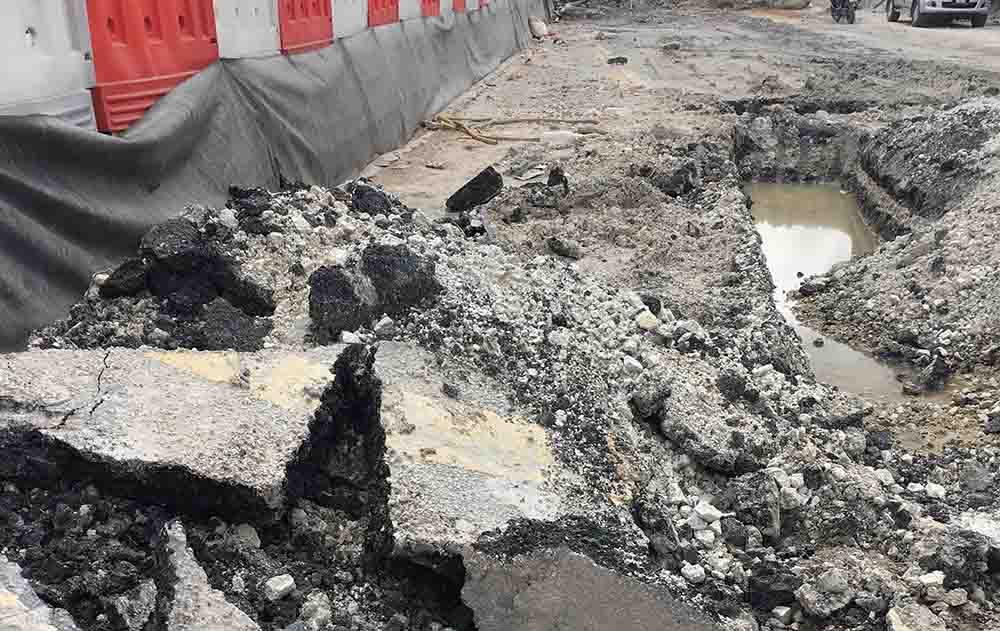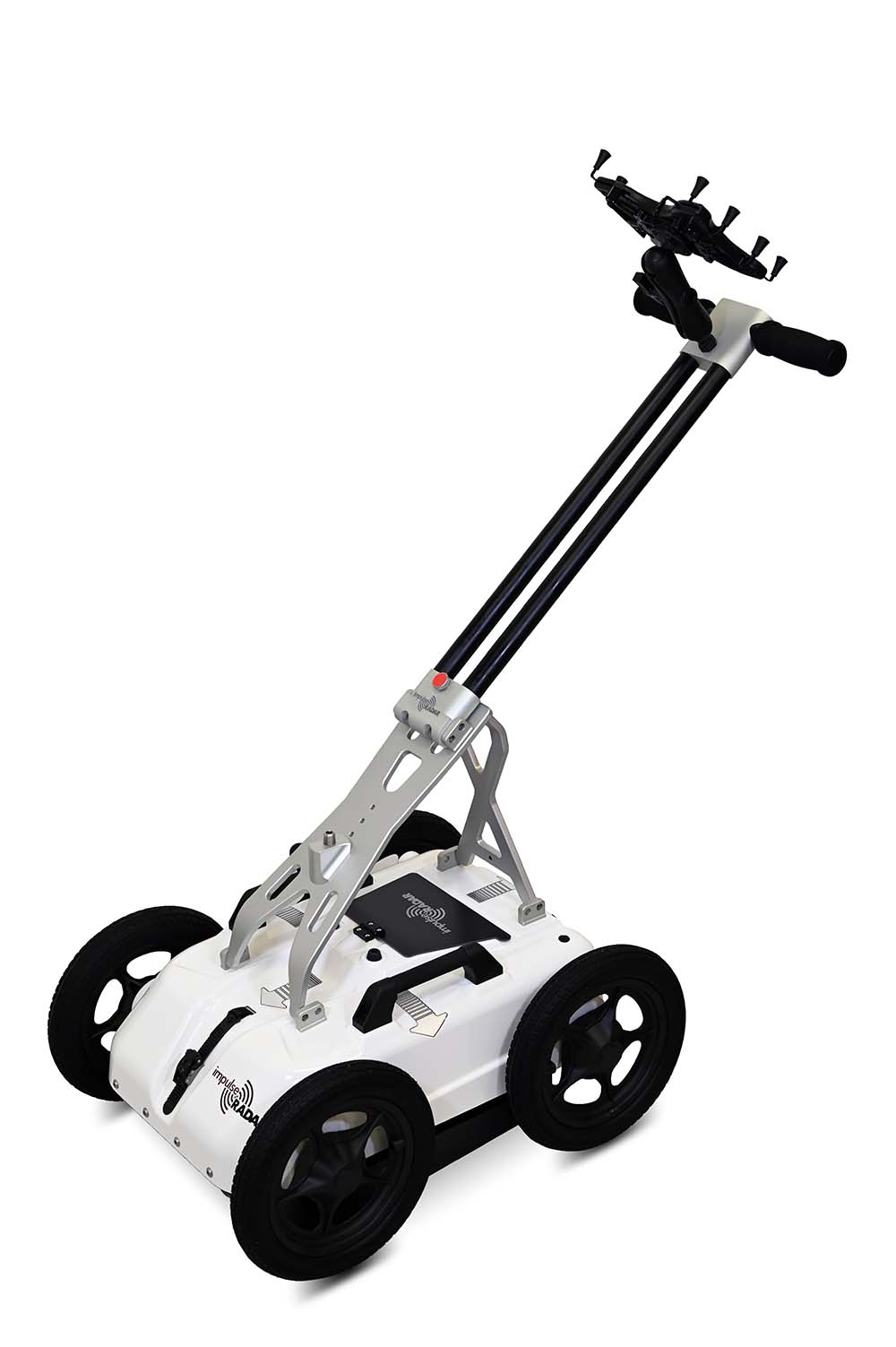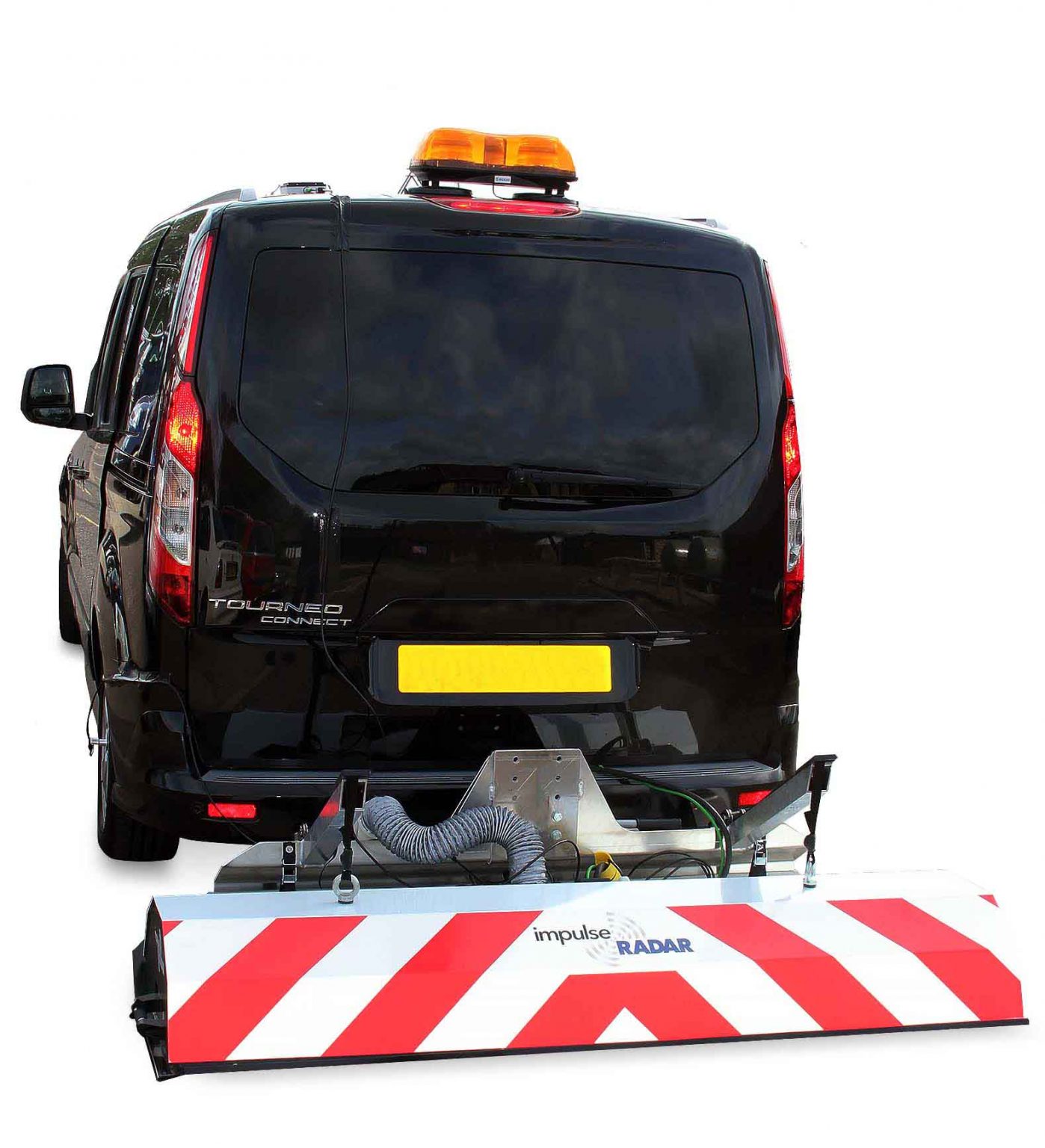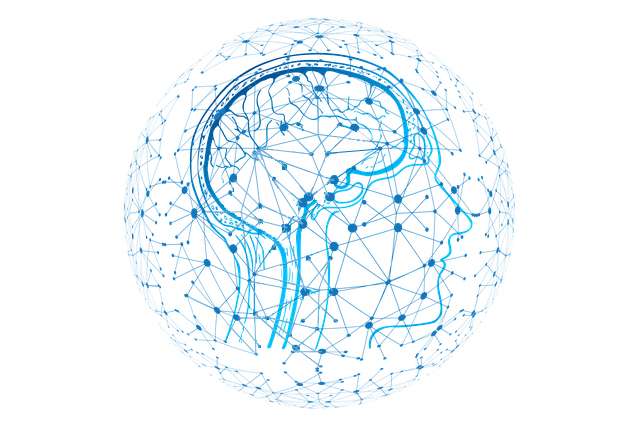Geological
What is a geological investigation??
Geological investigations concern the analysis of the composition and structure of the earth, whether natural or human-made. For example, during the design and delivery of construction engineering projects, the variable or unknown condition of the ground can pose risks both technically and financially. Consequently, geological, or geotechnical investigations offer a way to quantify ground conditions at various stages of such projects.
Initial studies for a project may include a recce of potential project sites and their underlying ground conditions. While a more detailed review of the selected location can help determine the development requirements. During construction, ongoing investigations can qualify earlier findings or provide additional information. GPR can play an active role in each of these scenarios, including the ongoing management and maintenance of project assets upon completion.
Why use GPR for geological investigations?
Typical geological applications for GPR include:
-

Bathymetry – freshwater lake and riverbed investigations

Bedrock profiling

Characterising aggregate deposits

Fracture mapping
-

Karst investigations

Sinkhole investigations

Stratigraphy studies

Electricity cables

Water table studies





